Cascadia Seaweed will test its technology off the coast of Nova Scotia this summer
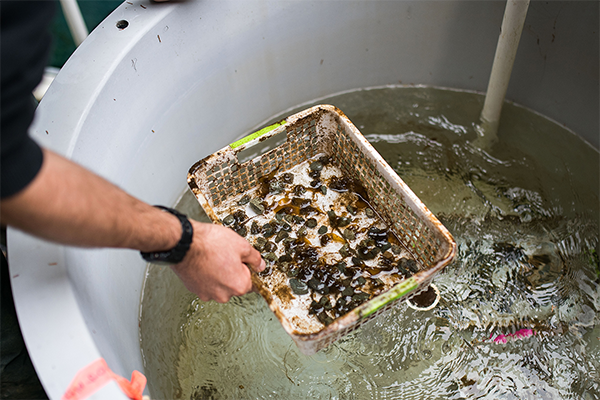
Cascadia Seaweed, a British Columbia-based climate-action company, will test its kelp forest-restoration technology this summer off the coast of Nova Scotia.
The company will deliver a self-contained, modular Green Gravel Production System (GGPS) for testing at the National Research Council of Canada’s Marine Research Station in Ketch Harbour this summer, complete with electrical and plumbing systems, equipment, protocols and training optimized for reforesting sugar kelp (Saccharina latissima). The technology and protocols can also be modified for other kelp species, the company noted.
“Green gravel is a promising kelp restoration method which has gained significant international attention. As kelp deforestation continues, immediate action is required to mitigate further kelp declines and look towards methods that can help bolster existing kelp ecosystems. Cascadia Seaweed has the opportunity to advance this technology and help green gravel meet its full potential,” says Dr. Jennifer Clark, chief scientist at Cascadia Seaweed.
Kelp forests are productive ecosystems experiencing a global decline due to warming ocean temperatures, pollution and other human activities. The NRC-Cascadia work is being done through the Innovative Solutions Canada funding program.
Kelp parachutes: Green gravel reforestation projects showing promise
In 2020, a kelp restoration method called ‘green gravel’ was published in Nature Scientific Reports by Fredriksen et al offering a path forward for large-scale kelp restoration projects. This method inoculates (or seeds) natural substrates such as gravel with kelp spores in a controlled environment or in laboratory conditions. Growth is monitored in a nursery until the kelp is mature enough to be out-planted in a marine environment with the intention of creating a new kelp forest.
Follow the Advocate on Twitter @GSA_Advocate
Now that you've reached the end of the article ...
… please consider supporting GSA’s mission to advance responsible seafood practices through education, advocacy and third-party assurances. The Advocate aims to document the evolution of responsible seafood practices and share the expansive knowledge of our vast network of contributors.
By becoming a Global Seafood Alliance member, you’re ensuring that all of the pre-competitive work we do through member benefits, resources and events can continue. Individual membership costs just $50 a year.
Not a GSA member? Join us.
Author
-
Responsible Seafood Advocate
[103,114,111,46,100,111,111,102,97,101,115,108,97,98,111,108,103,64,114,111,116,105,100,101]
Related Posts
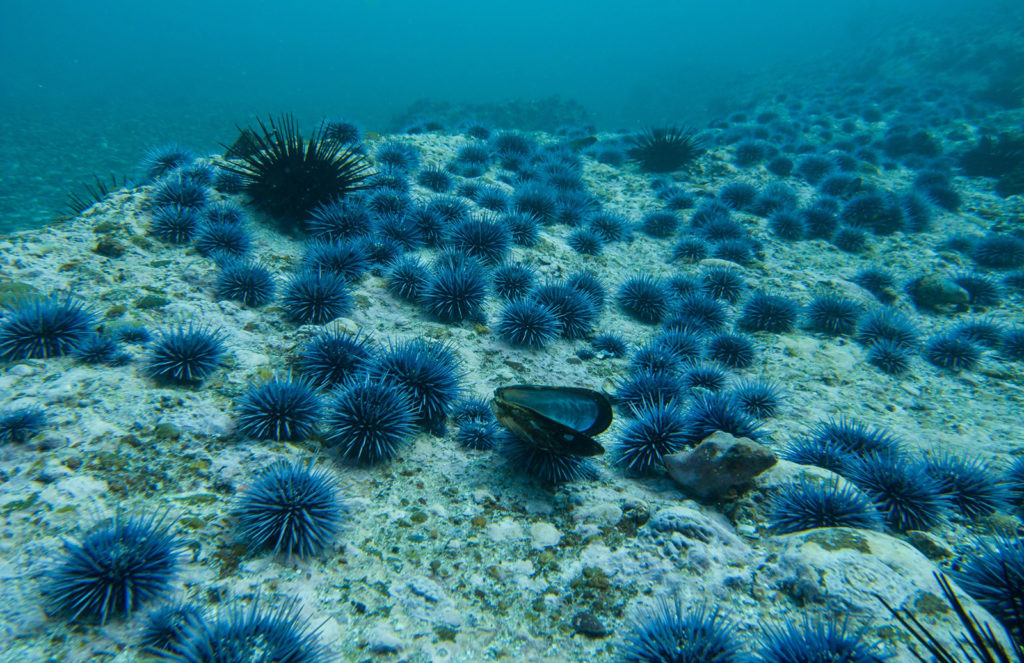
Responsibility
Can ranching ‘zombie urchins’ boost uni, save kelp forests?
With Norwegian knowledge and a partnership with Mitsubishi, Urchinomics aims to turn worthless empty urchins into valuable seafood while restoring kelp forests and creating jobs.
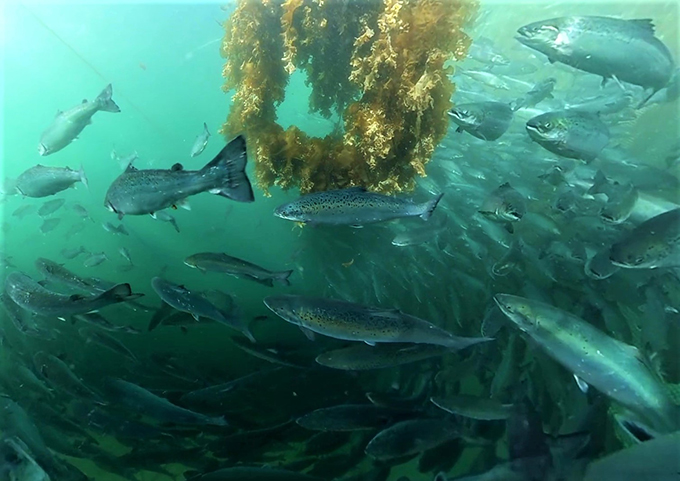
Responsibility
Could cultivating kelp forests in salmon pens help ‘future-proof’ the sector?
KelpRing has received funding to explore the possible benefits of installing kelp forests within salmon pens to benefit cleaner fish.
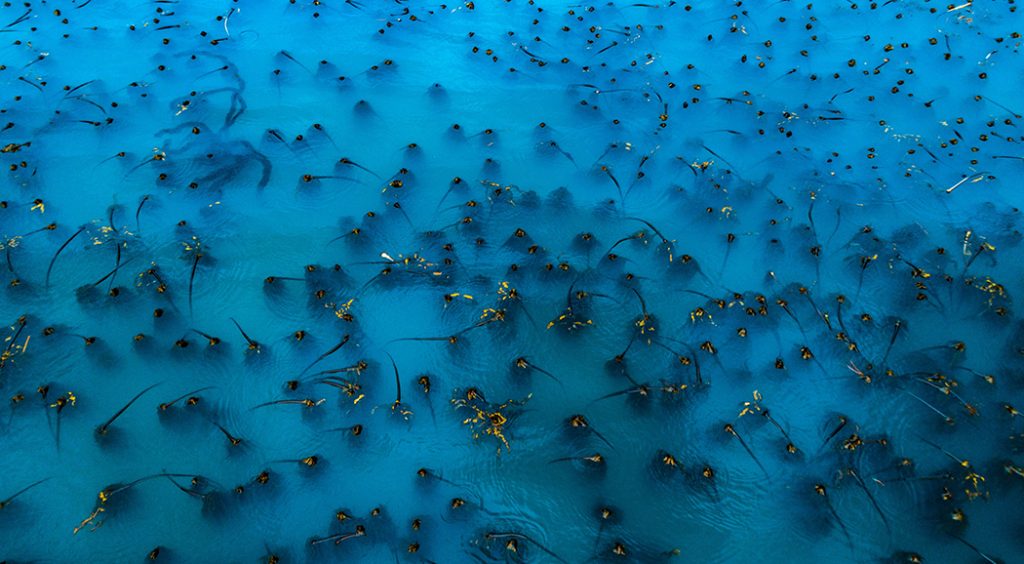
Intelligence
Digital tool aims to map kelp forest canopy and aid ecosystem restoration
U.S. scientists released KelpWatch.org – a digital map of kelp forest canopy that will be instrumental in ecosystem restoration.
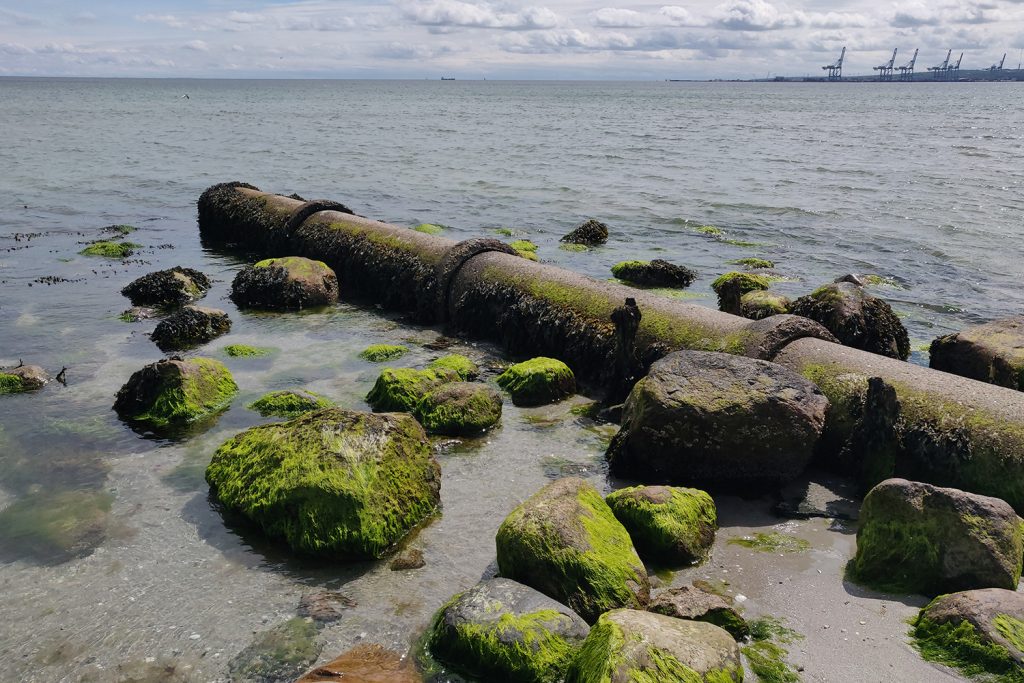
Responsibility
Ocean acidification isn’t just a carbon story – it’s also about nitrogen
Dr. Barry Costa-Pierce on the connection between nitrogen, carbon dioxide and ocean acidification, and the importance of restorative aquaculture.



